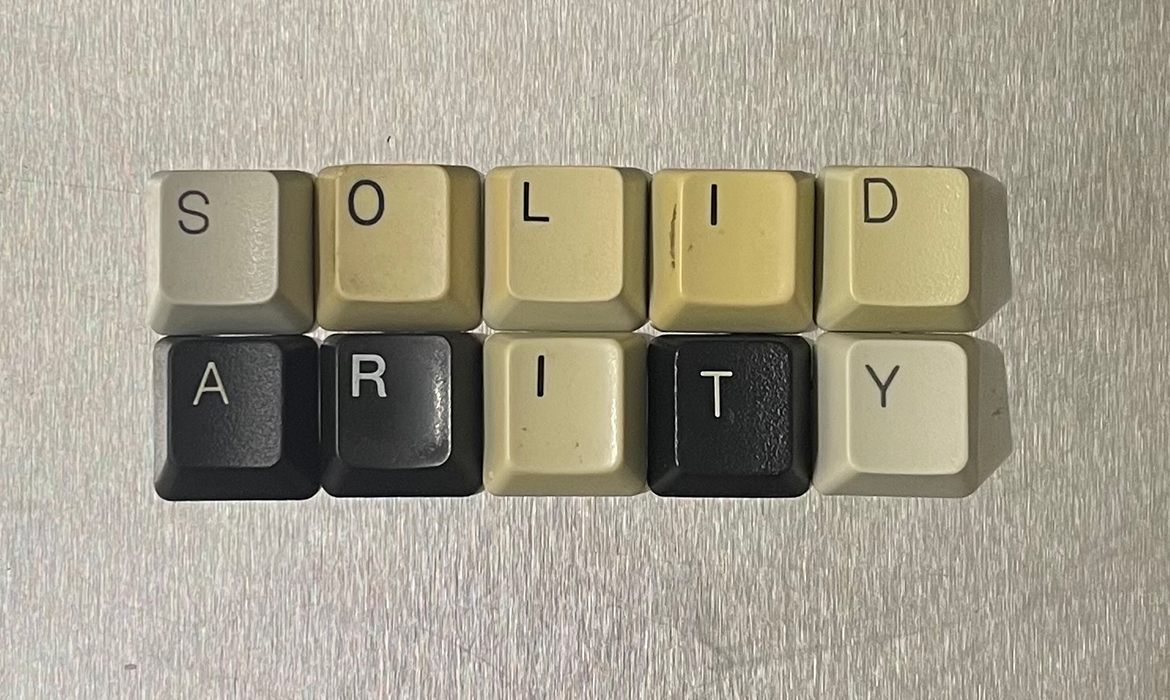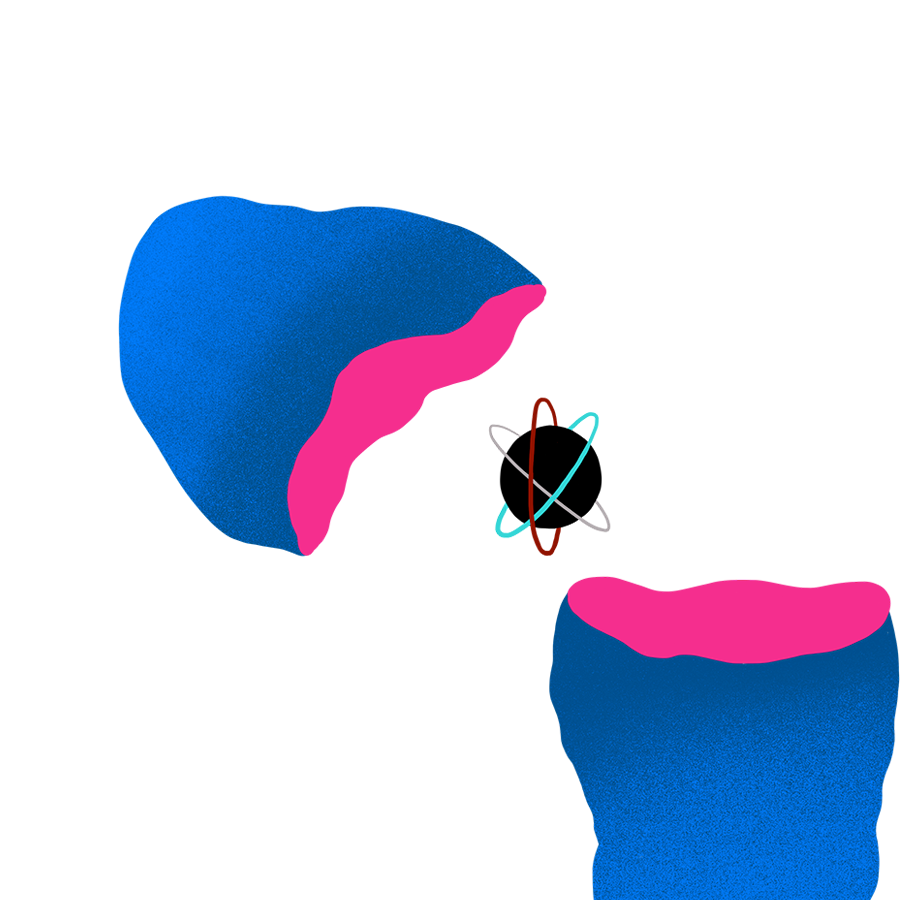Introduction to Solidarity Economies Proposals
Reframing the funding and economies in the arts field to be more in line with the principals of solidarity.
Nike x Ekmel x Harald x Ouafa x Doreen x Anikó x Grzegorz x Dorota x Anastasia x Laure sit around tables in Poland, Lebanon and Romania (or at their screens). They discuss what solidarity funding is. What is solidarity for you, me, us? Who is and what is us? What does solidarity mean in relation to your job, class, gender, the history of the countries you lived, loved and worked in?
One of the things we agreed on is that Solidarity Funding should be renamed Solidarity Economies, that we needed the plurality of the latter. Maybe because economy has so many letters and meanings in common with the word ecology, or because it initially designates the ‘management of the household’ as its Greek etymology reminds us. So, the European cultural sector and beyond, as a household of many, many homes and contradictions.
We gathered around an as yet unwritten Solidarity Manifesto that advocates democracy and defends the access to culture as a human right; aims at changing acquired attitudes in the art and the cultural market; supports the mobilisation and sharing of resources amongst disciplines and countries; stands against the privatisation and monetisation of culture; unites the forces against precarious life conditions of artists and cultural workers, against the coalitions of neoliberalism and authoritarian regimes.
We came up with a plurality of autonomous propositions, some of which are directly complementary to each other:
- ArtBnB is a project to develop a type of ‘Solidarity resources mobilisation’ through the rental or exchange of cultural spaces. The platform is organised to source the creation of a Solidarity fund to help artists from vulnerable communities first.
- The Gamified Workshop Toolkit is both a game and a tool to help a diverse, international group to shape a common ground based on shared and individual values. It is designed to deal with conflicts and to advance collaborations in relation to the solidarity paradigm in the cultural field.
- Solidarity Tax tackles the power relations between ‘Europe’ and its ‘outside’ through an independent tax system that always includes the communities excluded from the European territories and global cultural elites.
Developed in the framework of the RESHAPE trajectory Solidarity Economies facilitated by Nike Jonah.
This text is licensed under the Creative Commons license Attribution-ShareAlike 4.0 International.



